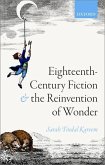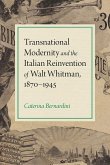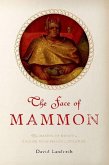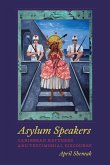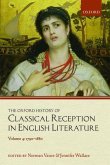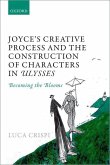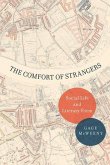The late seventeenth and early eighteenth centuries saw the virtual reinvention of the known world. This book looks at the writing of the period from new perspectives, showing how the intellectual and cultural climate shaped and reshaped authors' responses and how it was, in turn, refracted by their works. Milton, Defoe, Swift, and Pope are discussed--but often in new guises and with emphasis on their involvement in contemporary cultural issues--along with lesser known writers such as Traherne, Behn, and the Wartons.
English Writing 1650 - 1750; At the centre of this book is the issue of power and its fictions, the ability to dominate with schemes of knowledge and the resistance to that domination. In is investigation, Douglas Chambers achieves a complex interweave of what have traditionally been thought of as 'Literary' and 'non-literary' texts, a distinction that in the past has served to privilege one sort of voice over another. In the process, there is a deconstruction of the familiar canon.
English Writing 1650 - 1750; At the centre of this book is the issue of power and its fictions, the ability to dominate with schemes of knowledge and the resistance to that domination. In is investigation, Douglas Chambers achieves a complex interweave of what have traditionally been thought of as 'Literary' and 'non-literary' texts, a distinction that in the past has served to privilege one sort of voice over another. In the process, there is a deconstruction of the familiar canon.


